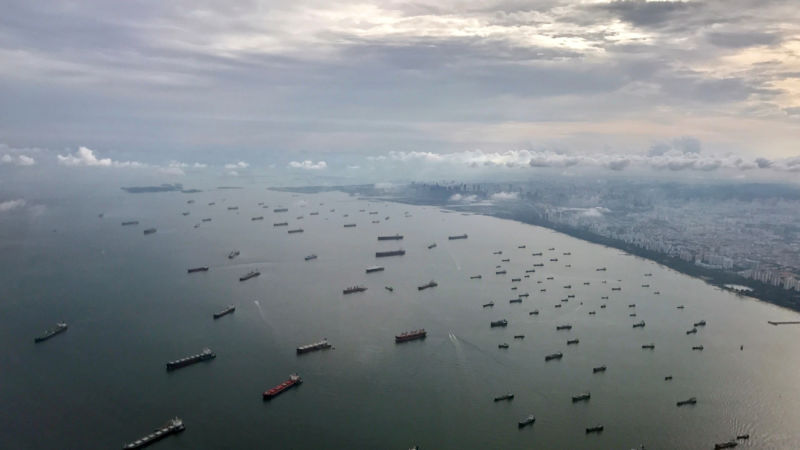On May 24, 2019, the Inland Revenue Authority of Singapore (IRAS) published an e-Tax Guide on Transfer Pricing Guidelines on Commodity Marketing and Trading Activities (First Edition).
The guide analyzes the economic value of taxpayers’ commodity marketing and trading activities in Singapore and assists taxpayers in complying with the arm’s length principle and transfer pricing documentation requirement when activities are carried out with related parties. It applies to business entities incorporated or registered in Singapore and involved in marketing and/or trading in commodities. The guide should be read in conjunction with IRAS Transfer Pricing Guidelines.
Where commodity marketing and trading activities are conducted between related parties, it is important to understand the actual functions performed, assets used, and risks assumed in each transaction in determining the arm’s length transfer price. A commodity marketing/trading entity must price its transactions with related parties that involve commodity marketing/trading activities at arm’s length.
When selecting the most appropriate method to price a related party commodity transaction, in addition to available independent comparables, it is important to consider industry practices. Once the most appropriate transfer pricing method has been selected, it is applied to establish the arm’s length price. If IRAS makes transfer pricing adjustments, they are subject to a surcharge of 5%, regardless of whether there is tax payable on the adjustments.
When a commodity marketing/trading entity meets certain conditions, it is required to prepare transfer pricing documentation for its related party transactions. Failure to do so will result in a fine not exceeding SGD10,000. Where the entity is not required to prepare transfer pricing documentation, IRAS encourages it to document and explain its transfer pricing arrangement.
When a commodity marketing/trading entity suffers double taxation from adjustments made by IRAS or a foreign tax authority on the transfer prices of its related party commodity transactions, it can resolve the issue through either legal remedies in the jurisdiction where the transfer pricing adjustments are made and/or through the mutual agreement procedure (MAP). The entity may also apply for an advance pricing arrangement (APA) for its related party commodity transactions for future years.






